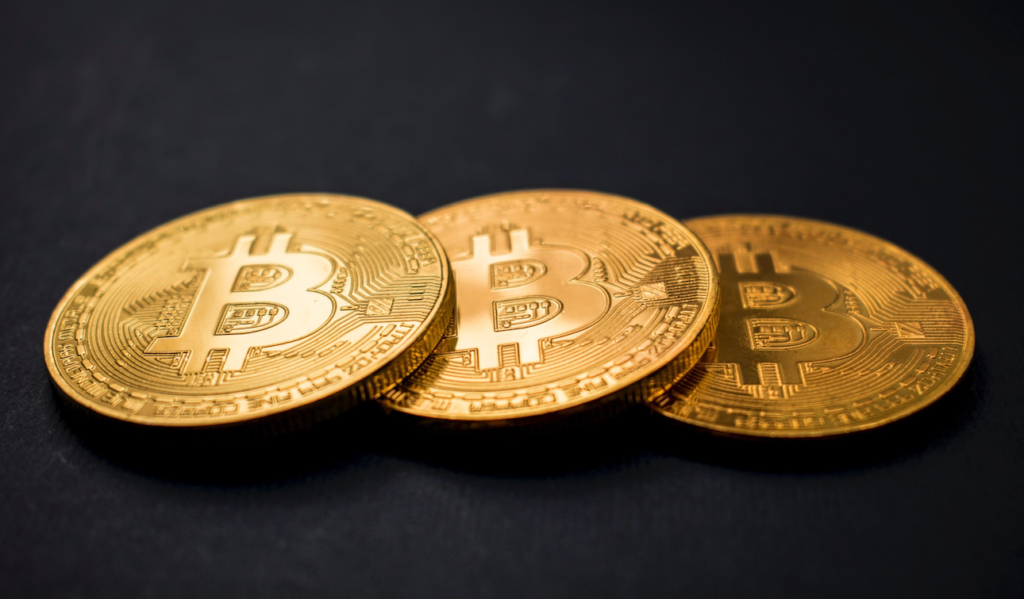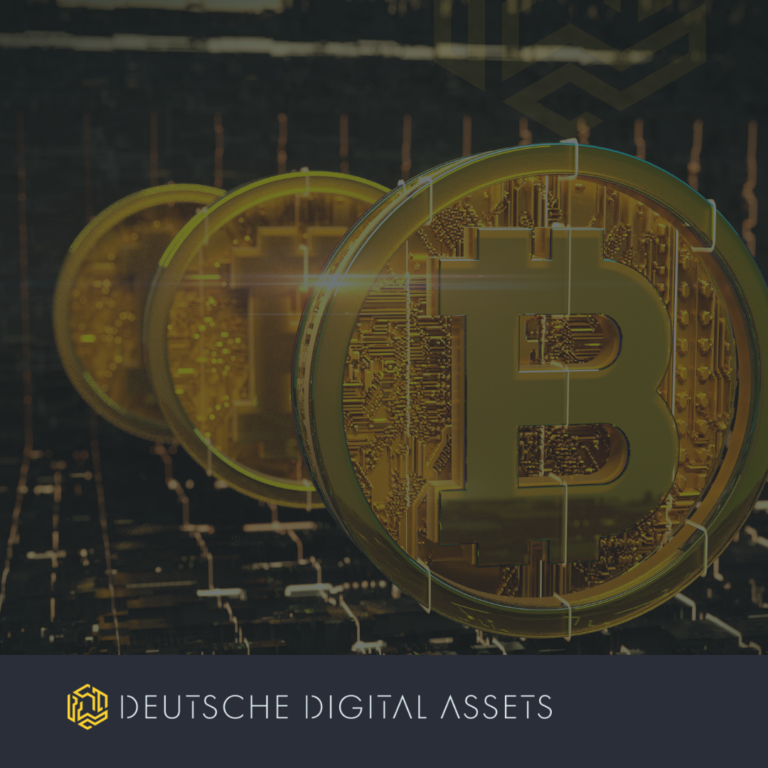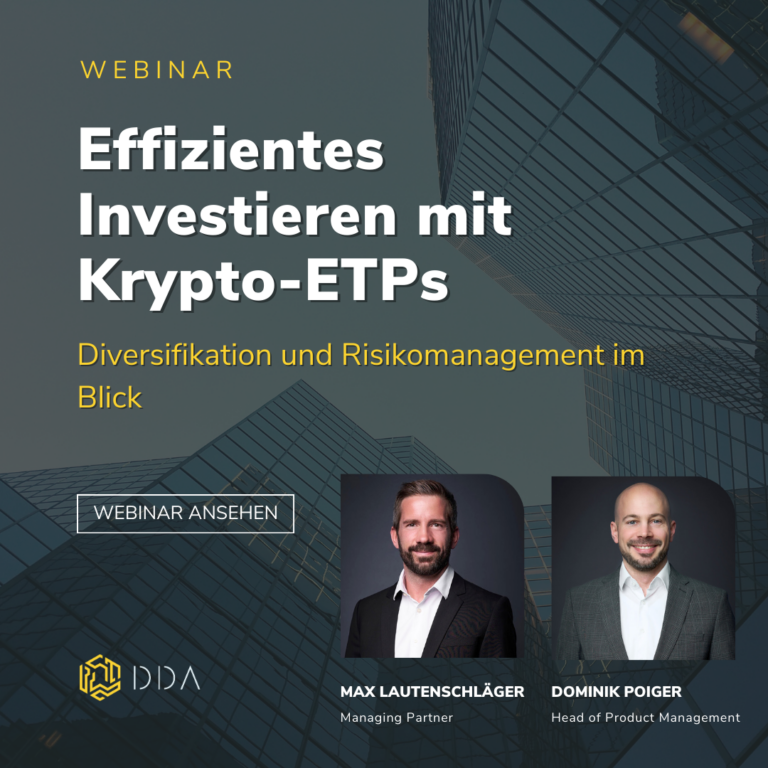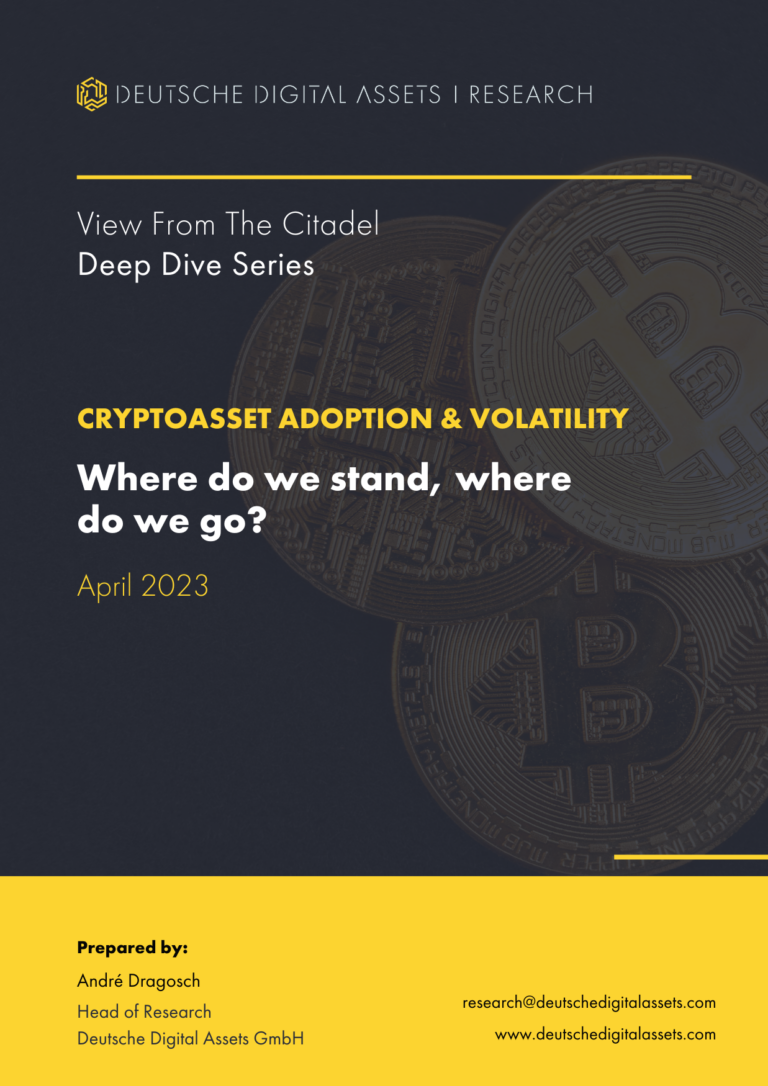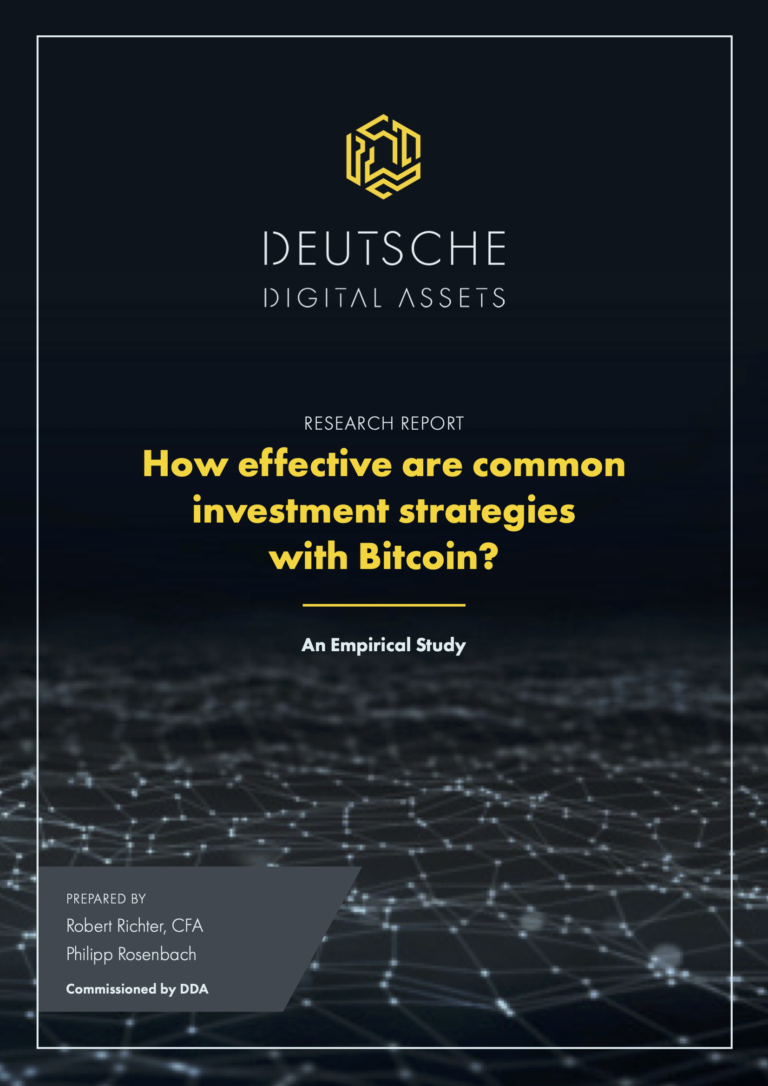By Patrick Lowry, CEO, Iconic Holding
In the past week I have had a few dozen personal contacts, mostly friends or drinking buddies, reach out to me to ask about Bitcoin. They want to know what it is, how and where they can buy it, and I even had one ask me “what does the $15K, $16K or $100K mean?” Once I was finished shaking my head in disbelief, I realized that most retail investors still truly do not understand what Bitcoin is or what its value drivers are. While financial institutions and publicly listed companies, such as Michael Saylor’s MicroStrategy, have grasped Bitcoin and invested billions in it, common investors seemingly lack the necessary resources or information to truly understand Bitcoin.
My colleagues have already written about Bitcoin extensively, so rather than go over Bitcoin facts or show the impact Bitcoin has when included in a standard investment portfolio, or even how to invest in crypto, I want to focus on dispelling the many misconceptions people have about Bitcoin. Unfortunately, there is a ton of misinformation surrounding the flagship of crypto and enough #FakeNews to make a politician green with envy. I will address the most common myths I hear directly, and in doing so, hopefully convince you to research Bitcoin on your own a bit further and take the plunge!
Myth #1 – Bitcoin is not backed by anything
This is the critique of Bitcoin I easily hear the most. While Bitcoin was designed as a P2P e-cash, it is true that it does not have the backing of a government, central bank, or FDIC insurance. Frankly, this is the beauty of Bitcoin because no central party can unilaterally print endless money, devaluing its own currency like central banks have done in trillions this year to combat COVID. This point notwithstanding, the only true value of money is the trust its users place in it. Put simply; the US Dollar is the global reserve because it is currently the most trusted form of currency. At the end of the day, however, every dollar is nothing more than a promissory note, or debt, that we trust the central bank to back. Other than this promise, there is actually nothing backing today’s fiat dollar other than the paper it is printed on, yet we trust the government’s backing of it, nonetheless.
Bitcoin is backed by an equal trust as well, but in a completely different sense. Bitcoin and its value are primarily backed by two sources we can trust: Mathematical code and the billions of capital poured into Bitcoin mining to support and secure the network. I won’t get into the details here as the code, application of economic game theory and mining are covered extensively in my colleague’s Bitcoin facts blog, but combining these effects create a safe, secure and trusted store of value, unit of account and medium of exchange, AKA, Money. As Bitcoin is the world’s hardest form of money, meaning it is impossible for any party to unilaterally print more of it, unlike fiat, it is a highly trusted form of global money. Backed by the billions spent on operational and capital expenditures to maintain the network by decentralized Bitcoin mining groups, Bitcoin is a more trusted alternative form of money for millions around the world.
Ask yourself… do you trust politicians or incontrovertible math more with your money?
Myth #2 – Anybody can just make a new Bitcoin or cryptocurrency
Currently there are about 100 Bitcoin hard/soft forks. Coupled with the evolution of smart contracts on Ethereum and other chains, this has led to the development and launch of thousands of crypto assets. It is technically true that anybody can create their own crypto coin. However, these are not Bitcoin.
What this fact neglects is that while a new coin can be issued, it severely lacks the necessary infrastructure around it when compared to Bitcoin. As I alluded to earlier, billions a year are poured into maintaining the Bitcoin network by miners to maintain its security, and this doesn’t even cover the billions poured in to facilitate custody, trading, liquidity, payment and other services for Bitcoin. Even Fidelity, one of the world’s largest asset managers, is mining Bitcoin on its own as well as offering a plethora of services around Bitcoin. Further, no coin can capture the combination of math, decentralization and game theory the was Bitcoin has. You cannot just make a new Bitcoin.
In addition to these technical and monetary factors, what cannot be discounted is Bitcoin’s brand power. Bitcoin is the unquestioned blue-chip of crypto assets and is known to billions, globally. Even Twitter created a #Bitcoin hashtag with the infamous orange “B” symbol to further its brand power. As Dan Held of Kraken constantly reminds us, “Bitcoin marketing works”, and it positions Bitcoin as the premium brand of the crypto, if not monetary, space. Every person has a brand, whether it be Apple, Google, Coinbase or another, that they identify with and pay a premium for. This unquestionably holds true with Bitcoin as well.
Put simply, you can technically recreate a new coin, but it can never replace Bitcoin.
Myth #3 – Bitcoin cannot be spent on anything
You can spend Bitcoin anywhere that accepts VISA or Mastercard. Let me repeat this as it is an unbelievably important point.
YOU CAN SPEND BITCOIN ANYWHERE THAT ACCEPTS VISA AND MASTERCARD.
Dozens of firms have developed crypto debit cards, including Binance, Coinbase and more. These cards can be used to seamlessly spend Bitcoin to buy groceries, make purchases on Amazon or to pick up the bar tab for your friends (or me) if you are feeling generous. If you hold crypto for payments, your purchasing power increases as crypto prices increase relative to USD or fiat. While the fees to use such cards are relatively high compared to standard payment methods today, I expect these will fall precipitously as new players enter the market and crypto payments via VISA or Mastercard become commoditized.
Frankly, I don’t know why you would want to spend Bitcoin on anything right now, though. I am Hodling.
Myth #4 – Bitcoin is mostly used for illegal activities and money laundering
One of the biggest misnomers about Bitcoin is that it is private and anonymous. Because Bitcoin is 100% transparent, meaning no action that occurs on its blockchain can be hidden, it is anything but private, and in fact the exact opposite of private. Any transaction occurring on the Bitcoin blockchain can be seen by any individual in the world at any time. Further, while public wallet addresses for Bitcoin are not specifically tied to any individual identity at the onset, it is quite easy to track spending patterns and deduce the identity of wallet owners and put a stop to any nefarious transactions occurring in Bitcoin. This is how, at one point in time, the FBI and government of Bulgaria were some of the world’s largest holders of Bitcoin after making arrests for illegal activities.
Chainanalysis, a global on-chain analytics firm that monitors Bitcoin and other leading crypto assets, has conducted thorough examination of all transactions that occur in Bitcoin in crypto. In BY observing and tracking all on-chain transactions, they concluded that roughly 1.1% of the $1 Trillion in 2019 transactions that occurred in 2019 were connected to illicit activities. Further analysis showed that only .46% of Bitcoin transactions were connected to illegal activities. Contrast this with the fact that 90% of dollars in circulation have trace amounts of cocaine, and it is clear to see which currency is used significantly more for illegal activity, and this doesn’t even touch the fraud in the banking industry.
Myth #5 – Bitcoin can and will be shut down by governments/regulators
I hear this misconception more from financial institutions and large corporates more so than I do retail investors or users. Understandable given these groups have to manage substantial risk with regulatory risk being arguably the biggest they face in all facets of their businesses. The fact of the matter is that governments can, theoretically, flip the switch and ban Bitcoin’s use, trading and storage. Such has been threatened, albeit loosely enforced, in China, so it is conceivable other governments would follow suit. Even the United Stated, perhaps in the name of national security, may be able to ban it, however I would argue this would be severely unconstitutional.
Any attempt by a government to shut down Bitcoin down, however, plays right into the hands of the narrative that makes Bitcoin so promising. Bitcoin is designed to be a money system completely outside of the government and banks. This doesn’t inherently make it illegal in any way, but merely makes it non-reliant on government. Such an attempt could not even shut Bitcoin down. True to the game theory backing the Bitcoin network, no party should ever unilaterally act in what they perceive as their own interest and ban Bitcoin. Regulatory arbitrage would take hold abroad, better enabling foreigners to reap the benefits of Bitcoin, disenfranchising the native population. The only solution is falling into equilibrium where all global parties must continue to enable Bitcoin’s existence and help it prosper or fall behind.
This doesn’t even touch on the fact that it quite literally impossible to shutdown the distributed and decentralized nature of the Bitcoin network. No government or organization could ever simultaneously
Myth #6 – Bitcoin is too expensive and I do not have enough to buy one
I know this sounds silly to those who are familiar with crypto, but I am asked this many times by no-coiners who simply just don’t know better because nobody has explained it to them.
One of the primary benefits of crypto is nearly all the assets are fractionalized or divisible into many parts. 1 Bitcoin, for instance, is divisible up to 8 decimal places, meaning the smallest amount of Bitcoin one can own is 0.00000001 Bitcoin. We call this microscopic unit a “Satoshi” or “Sat” after Bitcoin’s founder, Satoshi Nakamoto. If/when Bitcoin hits a $100,000 price per Bitcoin, each Satoshi will be worth $0.001, or 1/10th of a penny. This unit is easily purchasable and usable on the Bitcoin network.
Myth #7 – Bitcoin is killing the environment
It is no secret that mining Bitcoin takes a substantial amount of energy. Estimates suggest Bitcoin mining uses roughly 66.7 terawatt-hours per year, roughly 0.21% of the world’s total energy consumption. This reflects roughly the same amount of energy consumption as Switzerland. As Bitcoin grows, so too does its power demands. That is a lot of power, and obviously must be a negative for the environment, right? Well, not necessarily.
While nobody in their right mind would argue Bitcoin doesn’t leave a carbon footprint (we all do), most of Bitcoin’s mining power is generated from sustainable sources. Over 74% of Bitcoin mining power is estimated to be generated through renewable sources, and miners are working to become more and more efficient by relocating to colder climates and leveraging excess, unused capacity. A recent academic study even found that Bitcoin’s environmental impact was overstated and would reduce with more efficient mining equipment, access to more sustainable resources and as miners relocate to cooler climate areas.
While Bitcoin is likely to never be carbon neutral, especially with large miners present in coal-driven economies such as China, it may represent a viable and carbon-positive alternative. Many Bitcoin advocates have argued that the switch to Bitcoin or digital money and away from fiat is actually a net positive for the environment. While in theory this may hold and even make sense, I have yet to see substantive analysis supporting this assertion. Time will tell, but it is undeniable Bitcoin miners are incentivized to become more efficient and leverage sustainable resources to maintain healthy profit margins.
Myth #8 – Bitcoin can be hacked
It is impossible to hack Bitcoin. Full Stop. The cryptographic technology and mathematical game theory that power the Bitcoin network are undefeated and will remain so forever.
What is hackable, however, are wallets, exchanges and intermediaries that provide services to Bitcoin users. In the same way companies, banks and governments lose billions of their user’s funds (seemingly on a daily basis), the point of failure in the Bitcoin monetary system lies with intermediaries. This is why we say, “not your keys, not your Bitcoin” in crypto, referencing the risk of storing your assets on an exchange or with another party.
Myth #9 – Bitcoin isn’t scalable
This is the one myth that does hold water, sort of. Bitcoin, in its current form, is not truly scalable on its own. At best, Bitcoin can process a paltry 7 transactions per second. When comparing this to VISA’s tens of thousands per second, it is easy to see why scalability is often cited as the major force holding Bitcoin back.
However, Bitcoin itself doesn’t have to be scalable. As Bitcoin continues to carve out its own niche as a digital store of value, the network can remain unscalable as it currently is and be successful. Payment solutions built around it through Paypal, Mastercard and Visa will still permit settlement of transactions for goods and services in real time without the worry of block processing speed. Yes, this means intermediaries are involved, but this is no different than how we engage out current financial ecosystem anyway. Bitcoin, similar to SWIFT, SEPA or other settlement technology, becomes the backend securing the global financial network.
It is also fathomable that intermediaries are no longer required because the network does achieve scalability on its own. Projects such as the Lightning network, a second layer solution on top of Bitcoin that increases its throughput, may one day make Bitcoin usable and efficient on its own for payments. While such solutions are still in production, I wouldn’t count out Bitcoin as being scalable in the future just yet.
I hope I have been able to enlighten you a bit about Bitcoin and dispelled the false premonitions you may have had about it. I would encourage you to continue researching on your own, or reach out to us at Iconic, so you may learn more and see if Bitcoin and crypto are a fit for you. Adoption is here, and I would be remiss if anybody missed out on this once in a lifetime opportunity because they weren’t equipped with relevant information.
- 50 Bitcoin Facts
- Dr. Satoshi or: How I Learned to Double (Risk-Adjusted) ROI and Love the Bitcoin
- Correlations in Portfolio Theory
_ _ _
Legal Disclaimer
In no event will you hold ICONIC HOLDING GMBH, its subsidiaries or any affiliated party liable for any direct or indirect investment losses caused by any information in this article. This article is not investment advice or a recommendation or solicitation to buy any securities.
ICONIC HOLDING GMBH is not registered as an investment advisor in any jurisdiction. You agree to do your own research and due diligence before making any investment decision with respect to securities or investment opportunities discussed herein.
Our articles and reports include forward-looking statements, estimates, projections, and opinions which may prove to be substantially inaccurate and are inherently subject to significant risks and uncertainties beyond ICONIC HOLDING GMBH’s control. Our articles and reports express our opinions, which we have based upon generally available information, field research, inferences and deductions through our due diligence and analytical process.
ICONIC HOLDING GMBH believes all information contained herein is accurate and reliable and has been obtained from public sources we believe to be accurate and reliable. However, such information is presented “as is,” without warranty of any kind.






